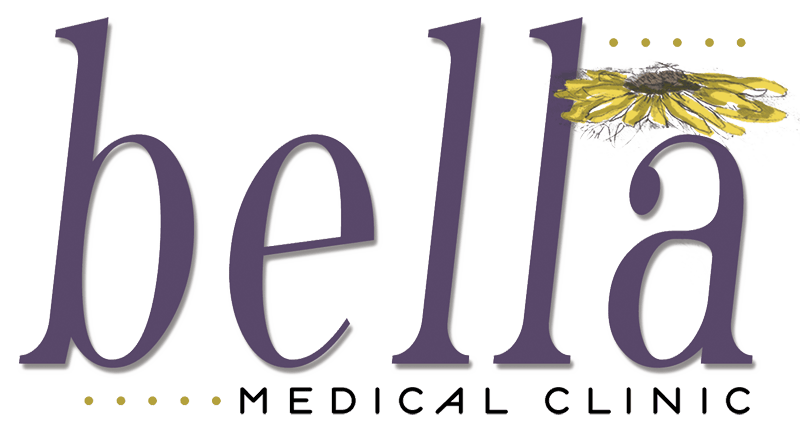Think you might be pregnant? You probably have a lot going through your mind. First, take some time to sit down and breathe – you are not alone in this journey.
If you are considering abortion, be sure you know all the facts first to protect your health and safety. You deserve to put your well-being first – are you confident you know all there is to know about the risks of abortion? Make a confident choice knowing you are fully informed on your options and how your unique medical needs fit into that.
What Is the Abortion Pill?
The abortion method commonly known as the abortion pill (or medical or medication abortion) is a two-step process with two separate doses of medication.
The first dose, mifepristone, keeps the pregnancy from progressing and implanting in the uterus by blocking the production of progesterone, a pregnancy hormone. The second dose, misoprostol, was originally developed to treat ulcers, since it interacts with the muscular lining of the stomach and affects the secretion of important stomach fluids. Misoprostol expels the pregnancy from the uterus through the vagina by causing the uterus to cramp and contract.
Typically, the first dose is taken under the supervision of a doctor or abortion provider, while the second dose is taken at home many hours or sometimes a day later. Misoprostol causes cramping and bleeding that empties your uterus, which may cause tiredness and cramping up to 2 days afterwards. You may also have an upset stomach, diarrhea, dizziness, or a mild fever.
While restrictions to access the abortion pill online have been pulled back in recent years, it’s still wise to seek in-person medical attention first as well as for follow-up appointments. Simply put, specialized diagnostic medical care with a doctor in-office can give you clear direction and answers to your unique needs that no one online ever could.
The use of the abortion pill to terminate early pregnancies up to 10 weeks gestational age is approved by the FDA. However, taking the abortion pill past this point in pregnancy could put you at risk for incomplete abortion or other medical complications.
What Are the Risks of the Abortion Pill?
As with any serious medical procedure, the abortion pill comes with certain potential physical risks. The Mayo Clinic quotes these risks of medication abortion as potentially including:
- Incomplete abortion
- Heavy and prolonged bleeding
- Infection
- Fever
- Digestive system discomfort
- An ongoing pregnancy if the procedure doesn’t work
What Is Surgical Abortion?
A surgical abortion is an in-clinic procedure typically utilized for the termination of later pregnancies past 10 weeks, after which point the abortion pill is no longer an option. This procedure typically involves some form of sedative and is done under the supervision of a physician.
Depending on which clinic or hospital performs the surgical abortion and how far along the patient is, a number of surgical abortion methods may be used. One common method is known as a dilation & curettage, or a D&C. During this procedure, a physician uses medical instruments or medication to open (or dilate) the cervix, and a tool known as a curette is used to scrape or lightly suction the pregnancy and tissue from the uterus.
These procedures typically have a higher associated monetary cost, as it is more involved and presents more severe risks later in pregnancy.
What Are the Risks of Surgical Abortion?
The Mayo Clinic lists the following as associated risks of surgical abortion procedures:
- Perforation (tearing or puncture) of the uterus
- Damage to the cervix
- Scar tissue on the uterine wall
- Infection
- Excessive bleeding
- Dizziness or fever
- Severe cramping
As you consider which pregnancy options are best for you, you may also consider the potential mental health or psychological effects of abortion. Be sure you consider your whole-person health; as The Mayo Clinic quotes, “having a medical abortion is a major decision with emotional and psychological consequences.”
How Do I Know What Pregnancy Option Is Best for Me?
Aren’t sure what to do next? The best first step to knowing your options and what might be healthiest for you is to confirm your pregnancy and find out how far along you may be.
The best way to find out this information is through an ultrasound exam. A caring nurse sonographer can also help you know if any other medical complications – such as ectopic pregnancy – may be a concern for you.
All of our services are free of charge, and we’d be honored to walk alongside you as you navigate your pregnancy decision. Schedule your free appointment today – we’re here to help.







